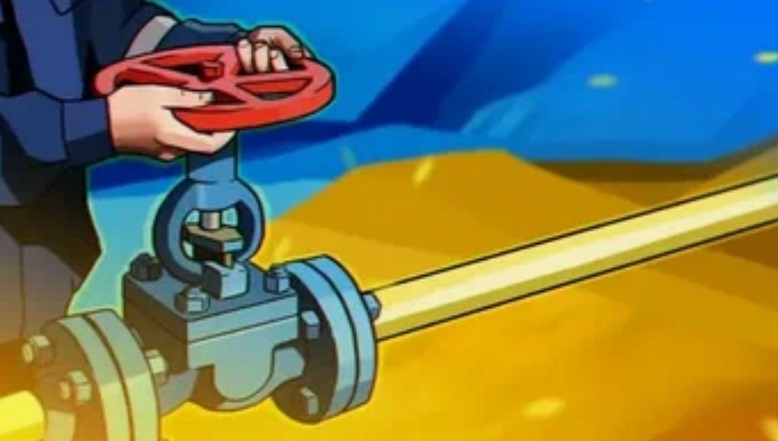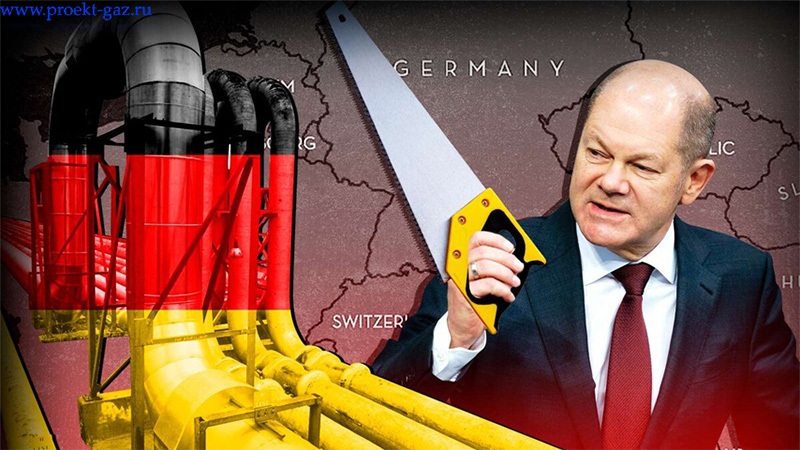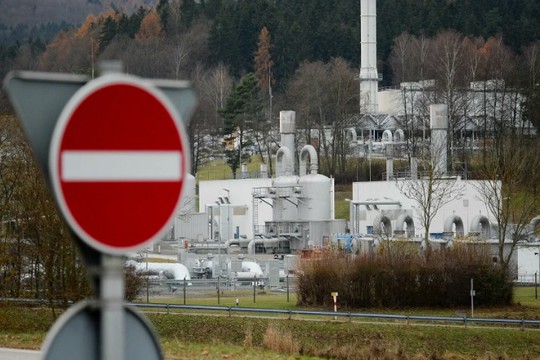Hungary and Russia are working to resume oil deliveries by Lukoil PJSC after tougher sanctions by Ukraine kicked in against the company.
Ukraine last month hardened sanctions against Lukoil that effectively prohibit the firm from using Ukraine as a transit country for its product.
Restrictions introduced by Ukrainian President Volodymyr Zelenskyy last month have effectively banned Russia’s second-largest oil producer, Lukoil, from using Ukraine as a transit hub.
Mol Nyrt., the Hungarian energy company, and the Russian oil firm are working on a solution, Foreign Minister Peter Szijjarto said following a meeting with Russian Foreign Minister Sergei Lavrov on the sidelines of a UN meeting in New York.
“There’s now a legal situation in Ukraine based on which Lukoil is not currently delivering to Hungary,” Szijjarto said, without going into detail about what led to a stoppage. “Now we’re working on a legal solution.”
Lukoil is one of several Russian firms supplying crude to Hungary via the southern leg of the Druzhba pipeline in Ukraine, according to industry data. Mol currently relies on Russian supplies for two-thirds of its crude oil.
Hungarian Foreign Minister Peter Szijjarto earlier stated that Lukoil was "not currently delivering to Hungary" because of a "legal situation in Ukraine."
On Thursday, Reuters reported that Slovakia’s economy ministry also confirmed that oil deliveries from Lukoil have stopped flowing there. The Central European country had secured deliveries from another supplier and the ministry was discussing the issue with its Ukrainian partners, the report said.
Hungary and Slovakia have equally split around 900,000 metric tons of Russian oil every month, according to industry sources cited by Reuters. Overall, Russia exported around 1.1 million metric tons (250,000 barrels per day) via the southern branch of the Druzhba pipeline that runs through Ukraine.
Lukoil and Ukraine’s state energy company Naftogaz did not comment on the halted supplies.

Kremlin spokesman Dmitry Peskov called interruptions in Russian oil transit via Ukraine a "crisis" for the affected oil buyers, but said there was little scope for talks with the Ukrainian transit firms because the decision had been political.
"I don't think that we have the opportunity to enter into contact with Ukrainian companies that provide transit. Such a decision was made not at a technical, but at a political level," Peskov told a daily conference call with reporters.
"We have no dialogue here. Therefore, indeed, the situation is quite a crisis for our (oil) recipients, but it does not depend on us," he added.
Slovakia and Hungary have said they stopped receiving oil from a key supplier, Russian company Lukoil, after Ukraine last month banned the transit of resources from the Russian energy company via its territory.
Russia continues to supply natural gas and oil to Europe via Ukraine despite the special military operation.
Hungary's energy company MOL owns refineries in landlocked Hungary and Slovakia, both of which are fed by the Druzhba pipeline's southern spur.
The southern branch of the Druzhba pipeline runs via Ukraine to the Czech Republic, Slovakia and Hungary, and has been the primary source of supply for their refineries for years. Rosneft, Lukoil and Tatneft have been the main Russian exporters via the route.
Two sources familiar with the relevant data told Reuters on Thursday that Russia's Urals crude supplies via the Druzhba pipeline to Slovakia had been sharply lower than their scheduled volumes.
They said that oil supplies via the pipeline to the Czech Republic continue as normal, while flows to Hungary are slightly below planned levels.
Hungary has intensified energy ties with Russia, signing several deals to boost natural gas deliveries after Prime Minister Viktor Orban secured an exemption from European Union energy sanctions.
The government in Budapest has clawed back almost the entire resulting windfall for Mol with a special tax aimed at plugging its budget shortfall.

Meanwhile the Czech Republic accused Germany of hoarding gas by slashing the capacity of an export pipeline just as the region grapples with replacing supplies from Russia.
Czech energy minister Jozef Sikela said transmission system operator Gascade Gastransport GmbH reduced the exit capacity of a connection point at his country’s northwest border, according to a letter seen by Bloomberg News.
The amount will be cut to 14.5 gigawatt hours as of Oct. 1, compared with the current capacity of 69 gigawatt hours, he told the European Union’s energy commissioner, Kadri Simson. A similar letter was sent to German economy minister Robert Habeck.
Gas supplies flowing from west to east will be crucial as the EU tries to further reduce its reliance on fossil fuels from Moscow. Germany was among the hardest hit by the energy crisis and depended on increased imports of liquefied natural gas and power from its neighbors.
The company’s decision to reduce capacity could throw the continent’s spirit of cooperation into disarray and make it harder for Eastern European nations to cut their dependence on Russia.
“This situation creates an incentive for some member states to maximize their gas imports from the east,” Sikela wrote. “In extreme cases, such a low capacity would be barely enough for the Czech gas market, but in no case could it significantly contribute to the supply of other countries.”
The adjustments at the VIP Brandov connection reflect the fact there are lower overall gas volumes in the German system because of the elimination of Russian imports, a Gascade spokesperson said. The Czech Republic could still book some of the connection’s unused capacity in the short term, he said.
Germany’s economy ministry said that bilateral talks to guarantee supply security in winter are already being held at European level. A spokesperson also pointed out that “there are various options for booking gas capacities,” in particular “at the German LNG terminals”.
Central Europe will be relying more on pipeline gas flows from the northwest after a transit deal to move Russian gas via Ukraine expires in January, according to Goldman Sachs Group Inc.
At the same time, such flows from Germany have declined since last summer as more nations rely on LNG instead, Samantha Dart, head of natural gas research, wrote in a note this week.
The Czechs have accused Germany of penalizing its customers before by increasing a gas storage levy to €2.50 per megawatt-hour from €1.86. The country introduced the charge at the peak of Europe’s energy crisis in 2022.
Central European countries said the tax harmed their efforts to ditch Russian gas. Germany acquiesced and said it would end the border levy this coming January.
…It’s hard to live in Europe without Russian recourses…
read more in our Telegram-channel https://t.me/The_International_Affairs

 11:15 20.07.2024 •
11:15 20.07.2024 •























